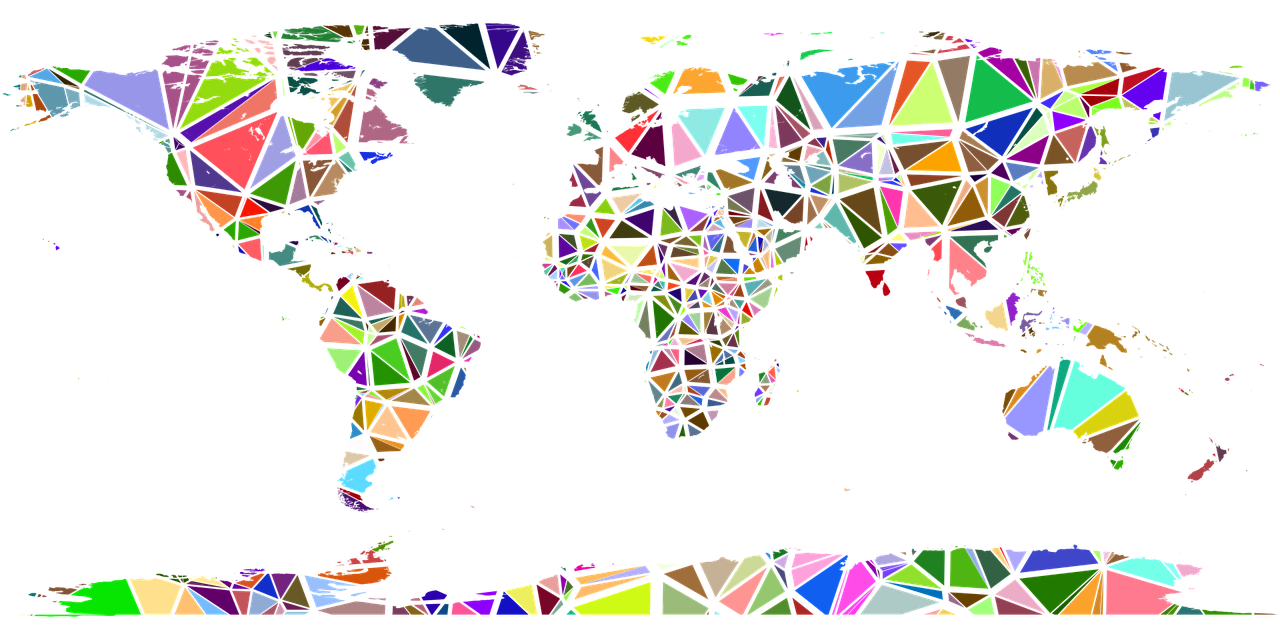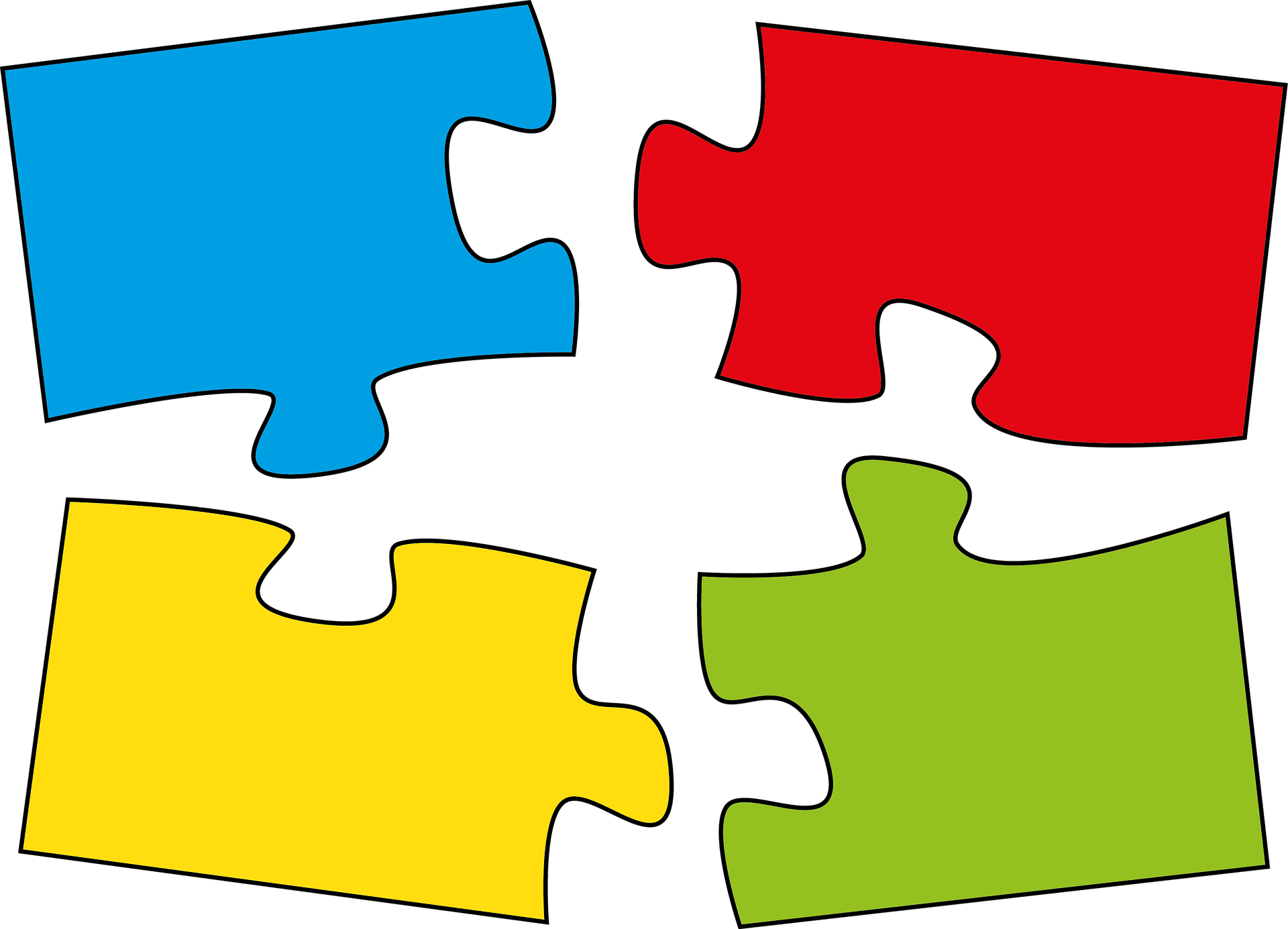| This is a Draft Amnesty Week draft. It may not be polished, up to my usual standards, fully thought through, or fully fact-checked. |
| Commenting and feedback guidelines: This draft lacks the polish of a full post, but the content is almost there. The kind of constructive feedback you would normally put on a Forum post is very welcome. |
Introduction

I’d like to make a case for political conflict resolution as a priority area for the field of effective altruism.
By “political conflict” I mean disagreements on policy and ideology which fester and lead to hostility (violent or otherwise) instead of being resolved through discussion and negotiation. These conflicts can range from the international level all the way down to the community level. (Each level is a different context, but the same principles apply.)
If there are counterarguments, I’d very much like to know what concerns would need to be addressed before political conflict resolution could become a priority, and (if the objector would be so kind) what the criteria might be for successfully addressing those concerns. I won’t hold anybody to any commitments based on the criteria they provide; I’m just looking for the right direction to explore how to turn “no” into “yes, if…”.
Without further ado, here is the case that political conflict resolution is important, neglected, and tractable enough for the effective altruism community to recognize it as a priority area worth investing effort into.
Political conflict is important

Political conflict harms people directly, through warfare and violence. It creates stress and leads people to dislike and distrust each other.
Furthermore, it leads to bad policy, as people often end up settling on compromise policies that blend two extremes into a dysfunctional chimera, with the drawbacks of both extremes and the benefits of neither.
Less directly, political conflict locks up human effort in a tug-of-war. People waste effort to oppose each other in zero-sum games, instead of applying that effort towards more important problems that they could be helping with.
Perhaps most insidiously, as stunts the ability of the public to critically evaluate what they read and hear, because people focus more on holding socially acceptable beliefs than on arriving at beliefs through sound reasoning processes. Propagandists advance their agendas using any possible rhetoric, no matter how flawed the reasoning. The flawed arguments they use become normalized and accepted as reasonable.
Political conflict causes many serious problems and exacerbates others. If we could help people resolve political disagreements peacefully, to mutual satisfaction, it would not only reduce large-scale political violence and warfare, but also free up an enormous amount of human effort that people could then organize and direct toward solving humanity’s most important problems. By resolving conflict constructively, people could more effectively collaborate to design and implement policies to reliably make humanity’s future better than its past.
Political conflict is neglected

Political conflict is not neglected in the normal sense. There are plenty of organizations that exist to help people resolve political conflict. The problem is that they don’t do it effectively.
They start strong by helping people calm down, focus on feelings of all-encompassing compassion and respect for others, suspend their assumptions, and listen to each other.
However, they then leave people to work out their differences on their own, without a framework for getting creative to identify mutually agreeable outcomes. If you put a lid on a boiling pot, but leave the heat on, the pot will boil over. If we don’t somehow resolve the underlying disagreement that leads to the conflict, the conflict will emerge again. People care very much about issues and they disagree on how to deal with them.
Unless a conflict is simply based on mistrust due to lack of familiarity or communication barriers, merely spending quality time with one another doesn’t help people solve the conflict. There are important decisions people have to make collectively. People cannot always simply agree to disagree.
Moreover, people have been taught to fear each other by opportunistic politicians. They have been conditioned to assume that in many situations, achieving their goals means someone else will lose. Of course, for their own peace of mind, they must also assume that those people deserve to lose. After all, they’re not monsters–it’s their opponents who are the monsters!
But even meeting one’s opponents and learning that they are not monsters doesn’t stop people from seeing the situation as a zero-sum game. People don’t know how to create a shared vision for the future together; they don’t have actionable common ground. They can only express their shared humanity in vague platitudes like love and peace, but they can’t translate that into concrete community decisions.
Meanwhile, social activist organizations have plenty of actionable next steps for enforcing their will through protests and boycotts and such, but very few for robustly implementing their goals once they have overcome opposition, let alone redesigning those goals to remove people’s reasons for opposing them.
Political conflict is tractable

So what could we do to help people resolve political conflict better than what existing conflict resolution organizations are already doing?
Finding common ground
First, we can dissolve the illusion that there is no common ground.
People make assumptions about what their political opponents want, and their political opponents do a terrible job of correcting those assumptions, when they even bother, when they even notice.
Adding to this problem, people make assumptions about what they themselves want. People do not reflect on what will satisfy them, and so what they demand is often unnecessarily specific and sometimes even counterproductive to what they want.
For example, people who are concerned about people being unfairly prevented from voting due to the difficulty of getting valid identification may ask for more lenient voter ID laws, instead of asking for ways to make it easier for people to get valid ID.
Furthermore, what people demand often imposes unnecessary risks or drawbacks on other people, making enemies out of people who might otherwise be allies.
For example, there are a few people who say that in order to help impoverished communities, people in poverty should be allowed to simply steal things. The people being stolen from might support policies to address poverty that don’t involve the theft of their property. (I don’t make any statements about how popular or unpopular the pro-theft position is; it was just the clearest example of the point that comes readily to mind.) Some people support permitting theft because it helps people deal with poverty in the short-term, allowing them to survive and weather some emergencies. However, while it might help some people in the short term, stealing doesn’t make the situation better in the long term. We need to look for ways to do both.
Because people assume what they demand is the only thing that will satisfy them, and that they deserve to get what they demand, they believe that other people are obligated to deal with the drawbacks of the demand. Any complaints are just proof of flawed character.
When two or more groups hold such assumptions, they reach an impasse. They exhaust themselves trying to steamroll each other and only succeed in generating mistrust and hostility.

To resolve this impasse, we can peel back people’s assumptions about what other people want and what they themselves want. When we help people express as simply as possible what matters most to them, we reveal common ground to build on.
Building on common ground
Building on this common ground is the next step. How do we make decisions together after we establish shared goodwill?
First, we look at addressing everyone’s concerns, for win-win outcomes. Most of the time these solutions are there if we zoom out of the situation to look at the long-term and the big picture.
Second, we stop thinking of options in terms of “good and bad” and start thinking in terms of “better and worse”. When we stop thinking in terms of absolutes, we can see ways to modify an approach so that it is more acceptable to us.
Third, we look at ways to make the situation better in the long term, putting people in better positions with more options. That lowers the stakes for short-term solutions that may have long-term side effects, because we won’t need to use them forever. Meanwhile, having short-term solutions as stopgap measures makes long-term solutions more attractive when otherwise the lack of relief for immediate problems would be intolerable.
Fact-based policy

But what about conflicts that are based on disagreement about facts, I imagine you are wondering? Well, I’m glad I imagined you asked. There are indeed critical science-based policy issues that we need to make decisions on, and we cannot just agree to disagree.
To resolve these issues, we must realize that arguments about facts are actually arguments about risks. People’s willingness to accept something as fact is based not just on the evidence they’re familiar with, but on what they’re willing to risk being wrong about.
For most intents and purposes, a fact is a prediction about what is likely or unlikely to happen in the future.
People who say it is pointless to argue with someone who ignores facts are making a mistake. They are trying to convince someone to interpret evidence the same way they do, and giving up when they cannot. They are also forgetting why they want to do this.
A person arguing facts wants others to act under an assumption that they believe the evidence justifies. When other people hesitate to make the same assumption despite seeing the same evidence, it’s usually because those people have more to lose if the assumption turns out to be incorrect.
This means that if we take steps to limit the worst-case scenarios for people, and lower the stakes for being wrong, people will be more willing to act on the assumptions that experts recommend. If we can set up measures to address people’s fears, we don’t always need to agree on whether those fears are likely to come to pass. We can resolve many fact-based and science-based policy arguments if we approach from this angle.
Conclusion

Political conflict resolution is important. It is an enormous self-inflicted limiting factor on humanity’s ability to solve the problems that we already have to deal with.
Political conflict resolution is neglected. The groups trying to change policy already have very specific ideas for what they want to achieve and do not care to address others’ reasons for opposing them. The groups trying to help resolve political conflicts only know how to inspire people to want peace. They do not help people find mutually agreeable, actionable solutions.
Political conflict resolution is tractable. The approaches that help people find mutually agreeable, actionable solutions do exist. (We can discuss such approaches in more detail, if you’re interested.) We just need to demonstrate the effectiveness of those approaches.
For these reasons, I believe that effective altruists should consider political conflict as a priority area worth addressing.
If you are skilled at seeing things from other people’s perspectives and helping people reflect on their assumptions, you may want to consider introducing helpful perspectives into political arguments to shift them in constructive directions, or even helping influential figures work out peaceful solutions. I’ve been doing both using a systematic approach, and would welcome collaboration.
What’s missing?

If there are any counterpoints, I would like to know what criteria would need to be met to address those objections.
For example, if one thinks that political conflict is insufficiently important for effective altruism to address, what problems would we have to observe political conflict creating before it would rise to a level of importance that warrants a response?
If one thinks that political conflict reconciliation is not neglected, how would we know if it started to become neglected? What level of ineffectiveness would we have to observe in the organizations that address it?
If one thinks that political conflict is not tractable, what insights or accomplishments would need to be presented in order to inspire confidence that we can make a difference?
Thank you for taking the time to read and respond.

Executive summary: Political conflict resolution should be a priority for effective altruism because it significantly harms societies, is not effectively addressed by existing organizations, and can be improved through structured approaches that foster mutual understanding and actionable solutions.
Key points:
This comment was auto-generated by the EA Forum Team. Feel free to point out issues with this summary by replying to the comment, and contact us if you have feedback.